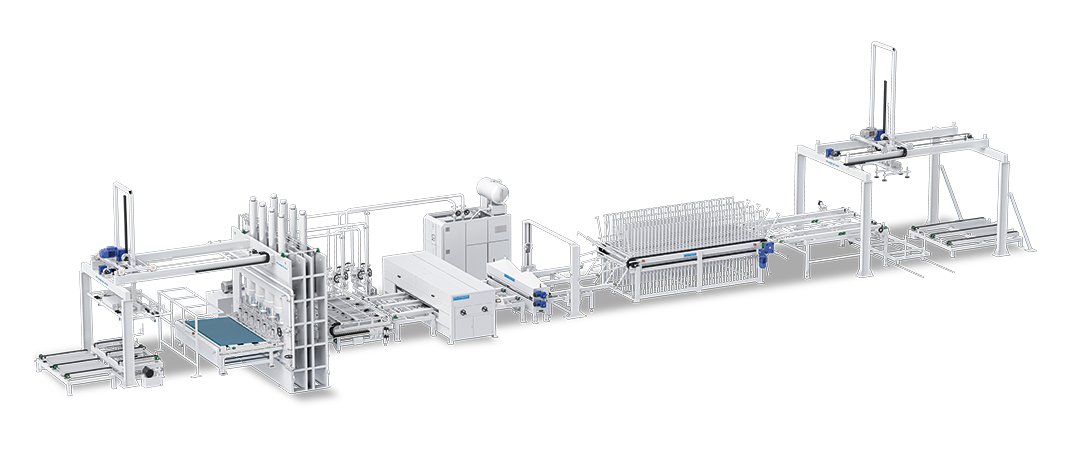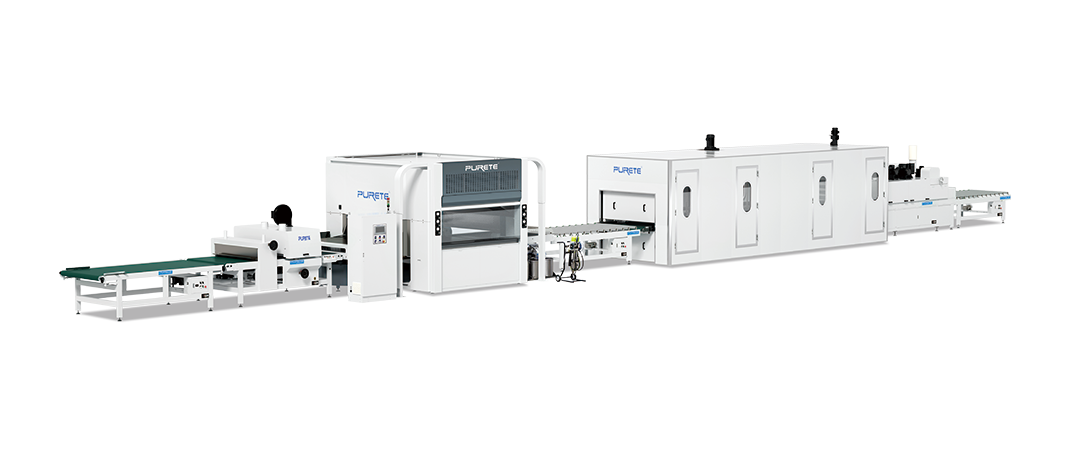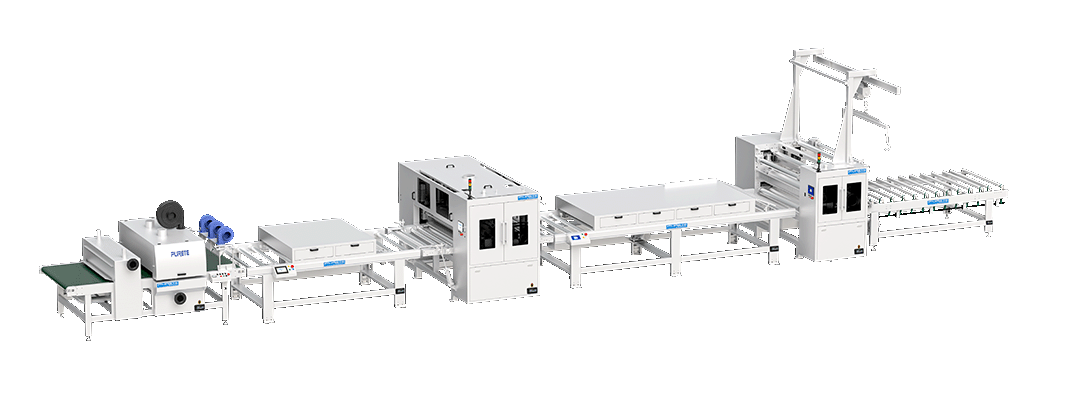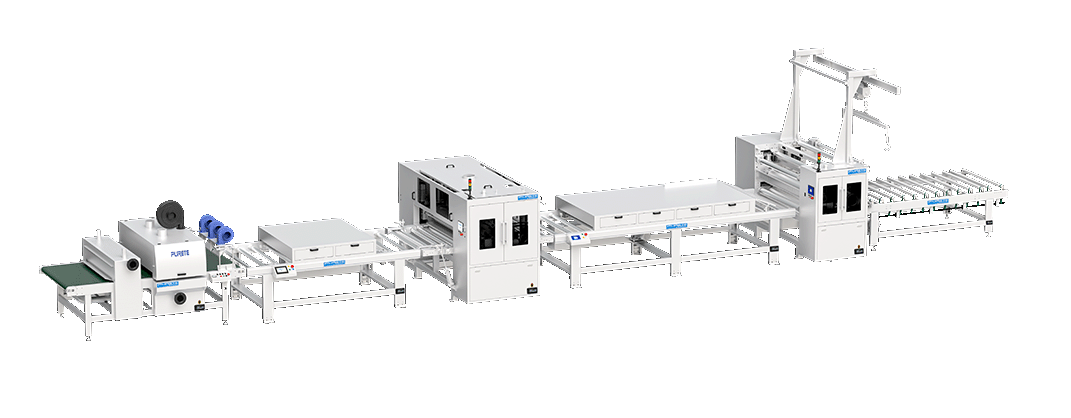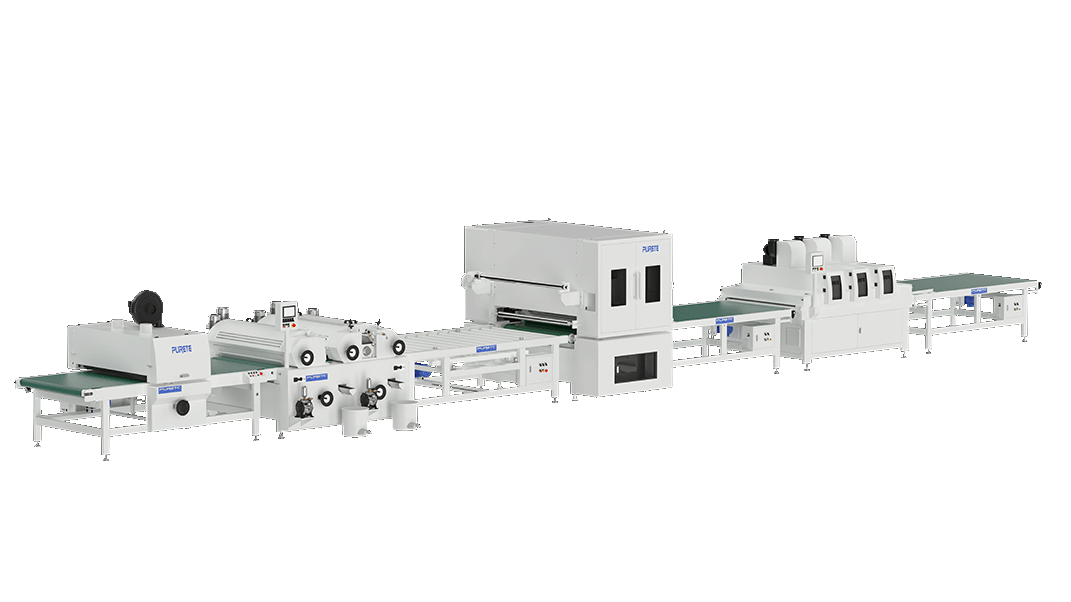What is an inert coating?
 October 14, 2024
October 14, 2024 Hits:232second
Hits:232secondAn inert coating is a type of protective layer applied to materials or surfaces that resists chemical reactions, corrosion, and degradation when exposed to harsh environments. The term "inert" refers to the coating’s chemical stability, meaning it does not easily react with other substances, making it ideal for protecting sensitive or reactive surfaces.
Key Characteristics of Inert Coatings:
1. Chemical Resistance: Inert coatings are resistant to chemical interactions, including acids, bases, solvents, and oxidizing agents, which helps in preventing corrosion or surface damage.
2. Thermal Stability: These coatings can often withstand extreme temperatures without breaking down or losing their protective qualities.
3. Non-Reactivity: The coating doesn't react with environmental factors like air, water, or industrial chemicals, providing long-lasting protection for underlying materials.
4. Low Permeability: Inert coatings prevent the penetration of gases or liquids, which further protects the surface from environmental damage.
Common Types of Inert Coatings:
· Teflon (PTFE): Known for its non-stick properties, Teflon is a highly inert coating commonly used in cookware, industrial applications, and medical equipment.
· Ceramic Coatings: Ceramic materials are chemically inert, making them suitable for applications in high-temperature and corrosive environments.
· Silicone Coatings: Often used in industrial applications, silicone-based coatings provide resistance to heat and oxidation, while being non-reactive with most chemicals.
· Polymer Coatings: Polymers like polyethylene and polypropylene are inert and used in various industries to protect surfaces from chemical exposure.
Applications of Inert Coatings:
· Medical Devices: To prevent reactions with bodily fluids or chemicals in medical settings.
· Food Processing: Inert coatings are used to ensure non-toxicity and prevent contamination in food contact surfaces.
· Chemical Industry: For protecting equipment that comes into contact with aggressive chemicals or corrosive substances.
· Aerospace: Inert coatings are applied to parts that must withstand high temperatures and chemical exposure without degrading.
In summary, an inert coating serves as a durable, non-reactive protective layer to extend the life and functionality of materials in harsh chemical or environmental conditions.
